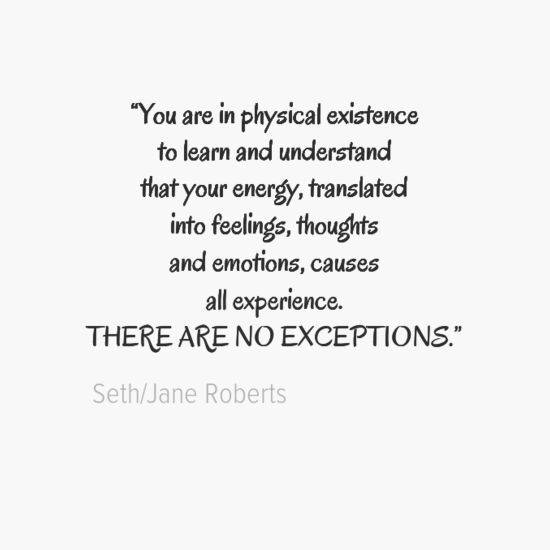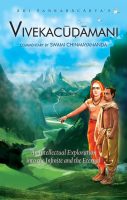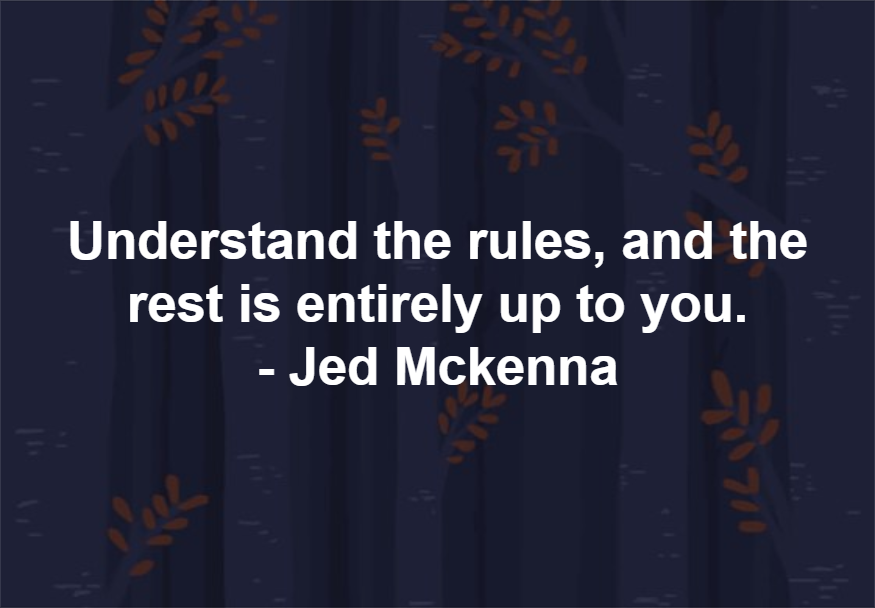“Before I woke up to reality, I had a symbol for all my frustration: my children’s socks. Every morning they would be on the floor, and every morning I would think, “My children should pick up their socks.” It was my religion. You could say my world was accelerating out of control in my mind; there were socks everywhere. And I would be filled with rage and depression because I believed these socks didn’t belong on the floor even though, morning after morning, that’s where they were. I believed it was my children’s job to pick them up even though, morning after morning, they didn’t.
I use the image of children and socks, but you might find that for you, the same thoughts apply to the environment, politics or money. We think these things should be different than they are, and we suffer because we believe our thoughts. At 43, after 10 years of deep depression and despair, my real life began.
What I came to see was that my suffering wasn’t a result of not having control; it was a result of arguing with reality. I discovered that when I believed my thoughts, I suffered; when I didn’t believe them, I didn’t suffer and that this is true for every human being. Freedom is as simple as that. I found that suffering is optional. I found a joy within me that has never disappeared, not for a single moment. That joy is in everyone, always.
When you question your mind for the love of truth, your life always becomes happier and kinder. Inquiry helps the suffering mind move out of its arguments with reality. It helps us move into alignment with constant change. After all, the change is happening anyway, whether we like it or not. Everything changes. But when we’re attached to our thoughts about how that change should look, we feel uncomfortable when we realize we’re not in control. Through inquiry, we enter the area where we do have control: our thinking. We question our thoughts about the ways in which the world seems to have gone crazy, for example. And we come to see that the craziness was never in the world, but in us.
When we understand our thinking, we understand the world, and we come to love it. In that, there’s peace.
Who would I be without the thought that the world needs improving? Happy where I am right now: the woman sitting on a chair in the sunlight. Pretty simple. The apparent craziness of the world, like everything else, is a gift we can use to set our minds free. Any stressful thought you have about the planet, for example, or about life and death, shows you where you’re stuck, where your energy is being exhausted as a result of not fully meeting life as it is, without conditions. You can’t free yourself by finding a so-called “enlightened” state outside your own mind. When you question what you believe, you eventually come to see you’re the enlightenment you’ve been seeking.
Until you can love what is–everything, including the apparent violence and craziness–you’re separate from the world, and you’ll see it as dangerous and frightening. I invite everyone to put these fearful thoughts on paper, question them, and set themselves free. When the mind is not at war with itself, there’s no separation in it. I’m 65 years old and unlimited. I’m no longer interested in what my children do with their socks.”
Quoted from a book by Byron Katie: A thousands names for joy


